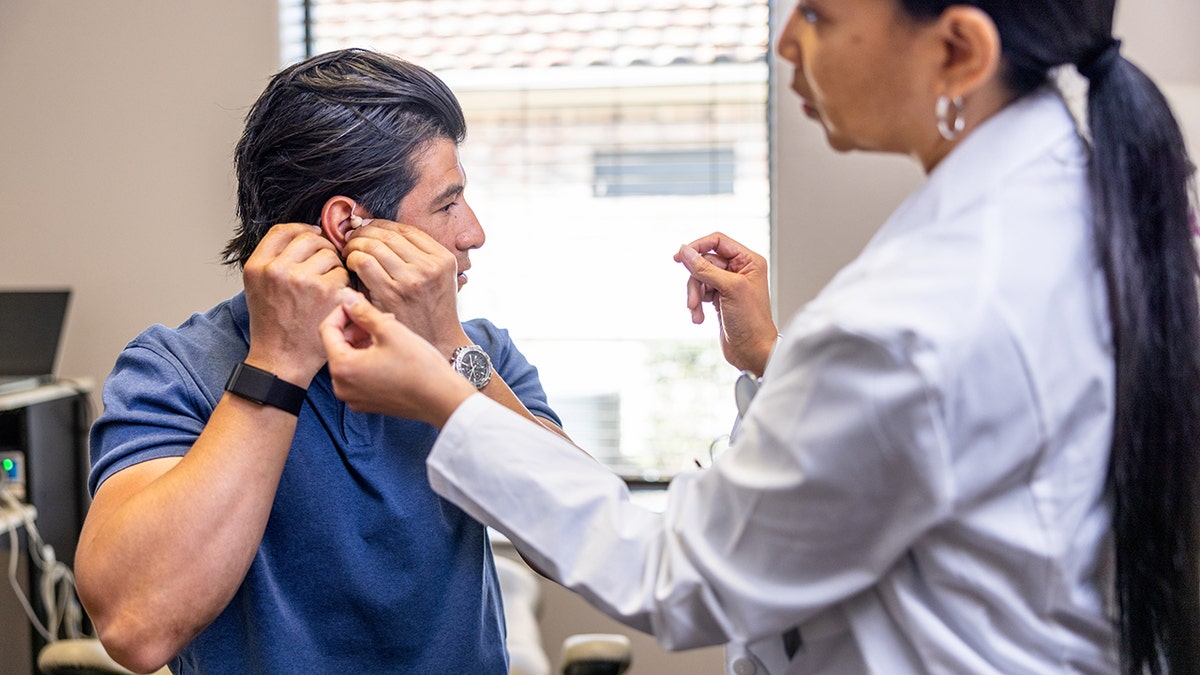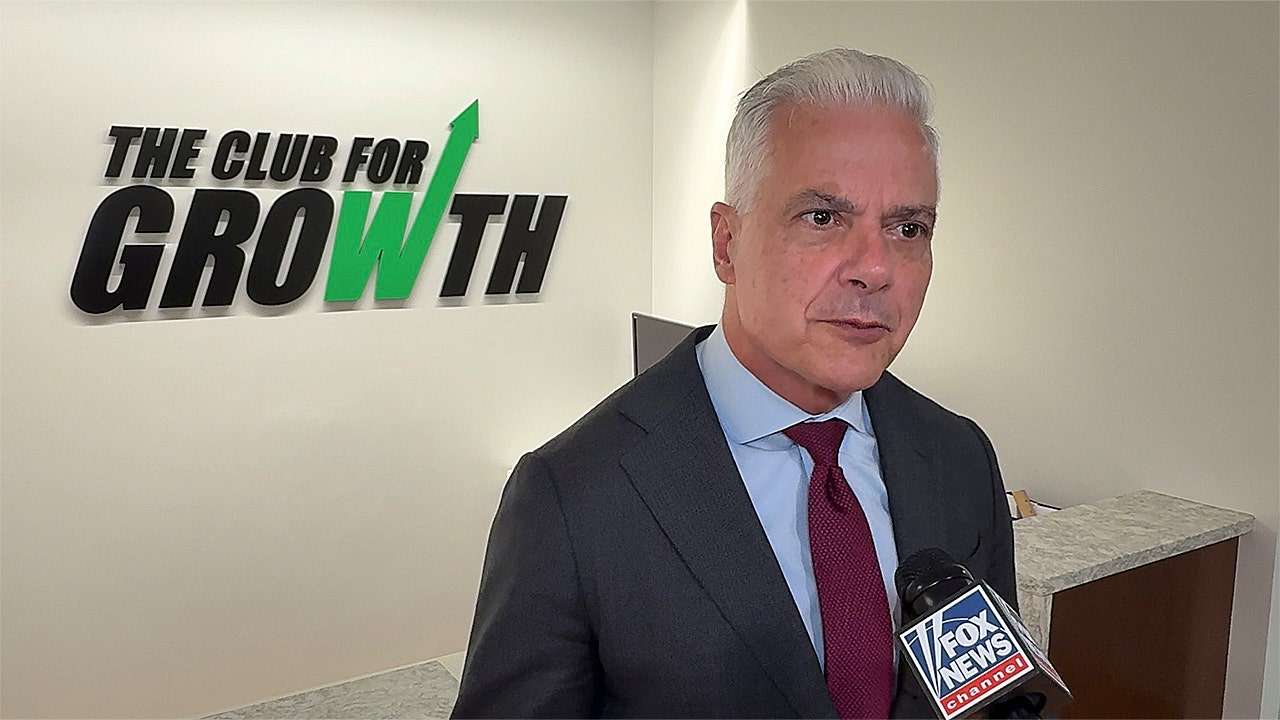‘Selective hearing’ isn’t a choice, scientists reveal — it’s a real neurological process

NEWYou can now listen to Fox News articles!
You may think your spouse’s “selective hearing” is a choice — but science argues otherwise.
The phenomenon of selective hearing is more than choosing when or when not to listen, according to a recent article by Dr. Stella Fulman at Audiology Island in New York.
“Selective hearing is the brain’s ability to prioritize and process certain auditory stimuli over others,” she wrote. “It enables individuals to concentrate on particular sounds while ignoring or minimizing the impact of competing noises.”
6 SIMPLE WAYS TO PROTECT YOUR HEARING NOW BEFORE IT’S TOO LATE, ACCORDING TO EXPERTS
“This process occurs seamlessly and is often automatic, allowing individuals to maintain focus on relevant information even in challenging environments.”
In an interview with Fox News Digital, Jorge Rey, a Miami Beach-based audiologist at HearUSA, confirmed that selective hearing “isn’t just a matter of people tuning others out or ignoring them.”
“It’s a real neurological process rooted in how the brain processes sound.”
Scientifically, selective hearing is known as “auditory selective attention,” in which the brain’s built-in filter focuses on “important sounds” and separates meaningful speech from background noise.
STUDY REVEALS WHY ‘SUPER AGERS’ MAINTAIN ‘OUTSTANDING MEMORY’ INTO THEIR 80S
“It’s important to note that selective hearing isn’t just distraction or disinterest — it’s the result of an increased cognitive load and fatigue,” Rey said.
“In essence, selective hearing happens because the brain prioritizes certain sounds over others, with the goal of helping us function in noisy environments.”

One classic example is hearing a friend’s voice in a crowded restaurant, a phenomenon known as the “cocktail party effect.”
CLICK HERE TO SIGN UP FOR OUR HEALTH NEWSLETTER
The process involves two key parts of the brain — the auditory cortex, which processes sounds, and the prefrontal cortex, which controls attention and decision-making.
Working memory also latches onto the selected stream of information at the same time, allowing a person to follow a conversation.
“Selective hearing isn’t just distraction or disinterest — it’s the result of an increased cognitive load and fatigue.”
Selective hearing could become a concern if it begins to interfere with daily life or relationships, but occasional moments of “zoning out in noisy environments are expected,” Rey suggested.
As hearing loss worsens, especially with age, it can cause this process to break down, causing all sounds to “compete for attention.”

This can result in “listening fatigue,” which makes it harder for the brain to process sound properly, Rey said.
“Over time, untreated hearing loss can impact memory and cognitive health, negatively impacting quality of life.”
Even mild hearing loss can make the brain work harder to fill in missing sounds, according to the expert.
Signs of hearing loss include struggling to follow conversations in loud environments or large group settings, frequently asking others to repeat themselves, leaning in toward the speaker, providing answers that are irrelevant to the conversation or seeming disengaged when listening.

There may also be a recognizable increase in frustration, fatigue, irritability or a tendency to withdraw from social situations due to the act of listening feeling “overwhelming.”
“If these issues happen often and others around you notice the pattern, it may be time to check in with an audiologist or hearing care professional to determine whether selective hearing is masking a deeper issue,” Rey advised.
For more Health articles, visit www.foxnews.com/health
Hearing aids and other modern hearing devices use technology that enhances speech and filters noise, he noted. They can also stream audio from smartphones, which can be helpful for some.
For friends and family of those with hearing complications, Ray recommends facing the person while speaking in noisy or busy places, using clear facial expressions and speech, and reducing background noise where possible.
Read the full article here









